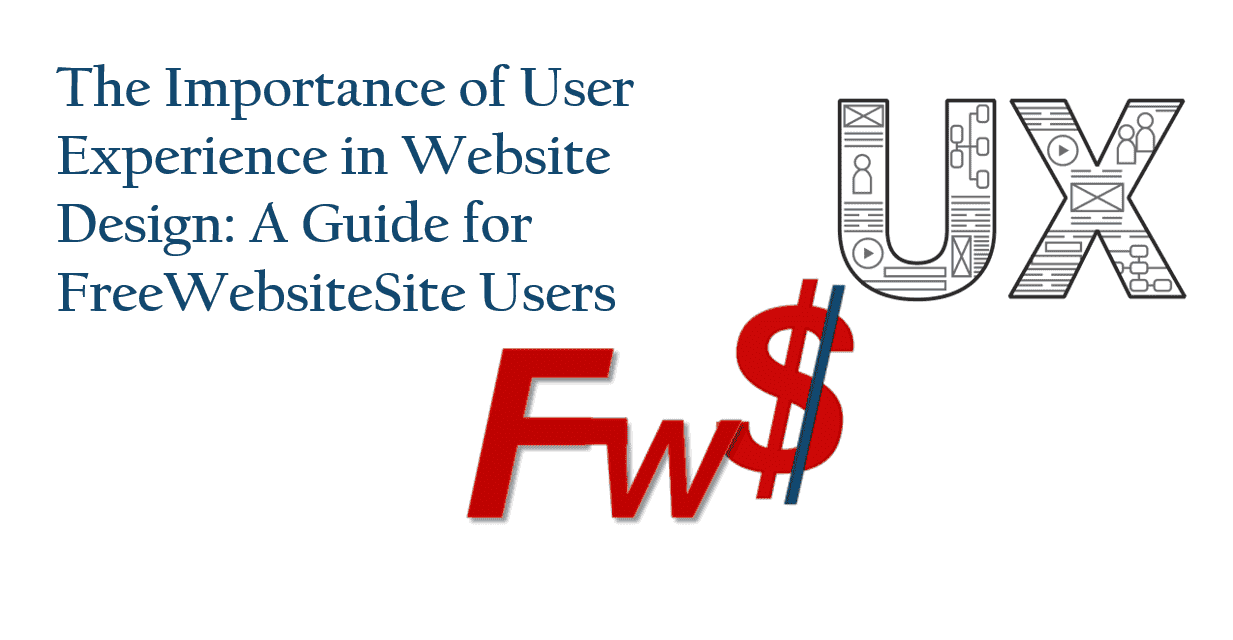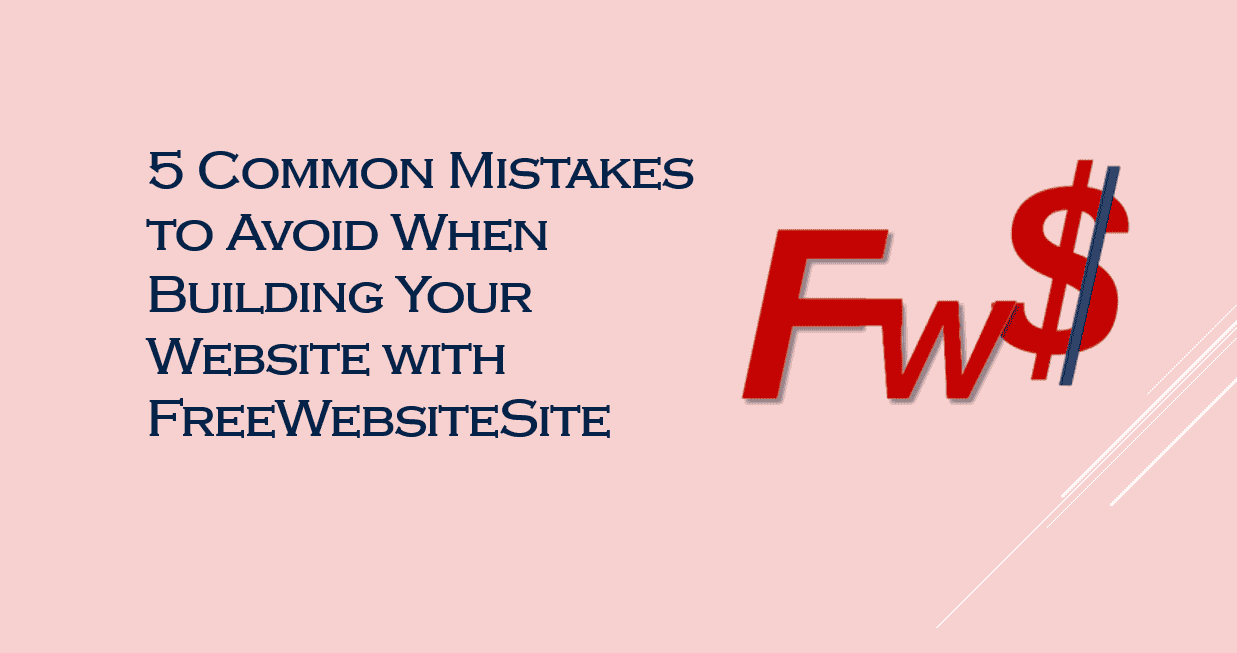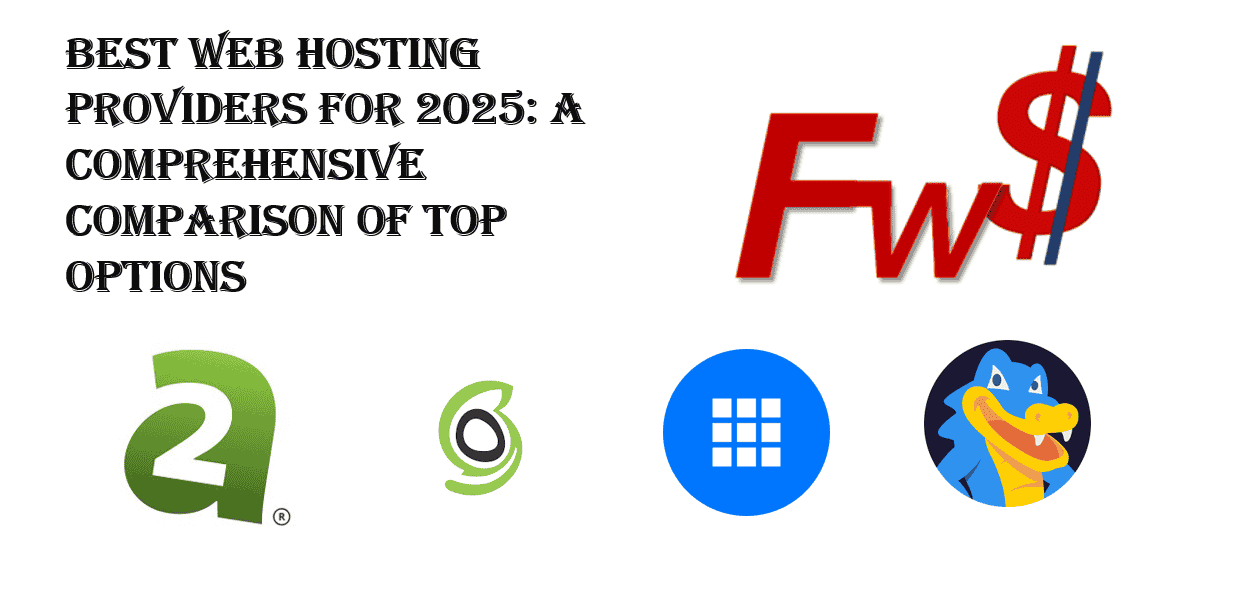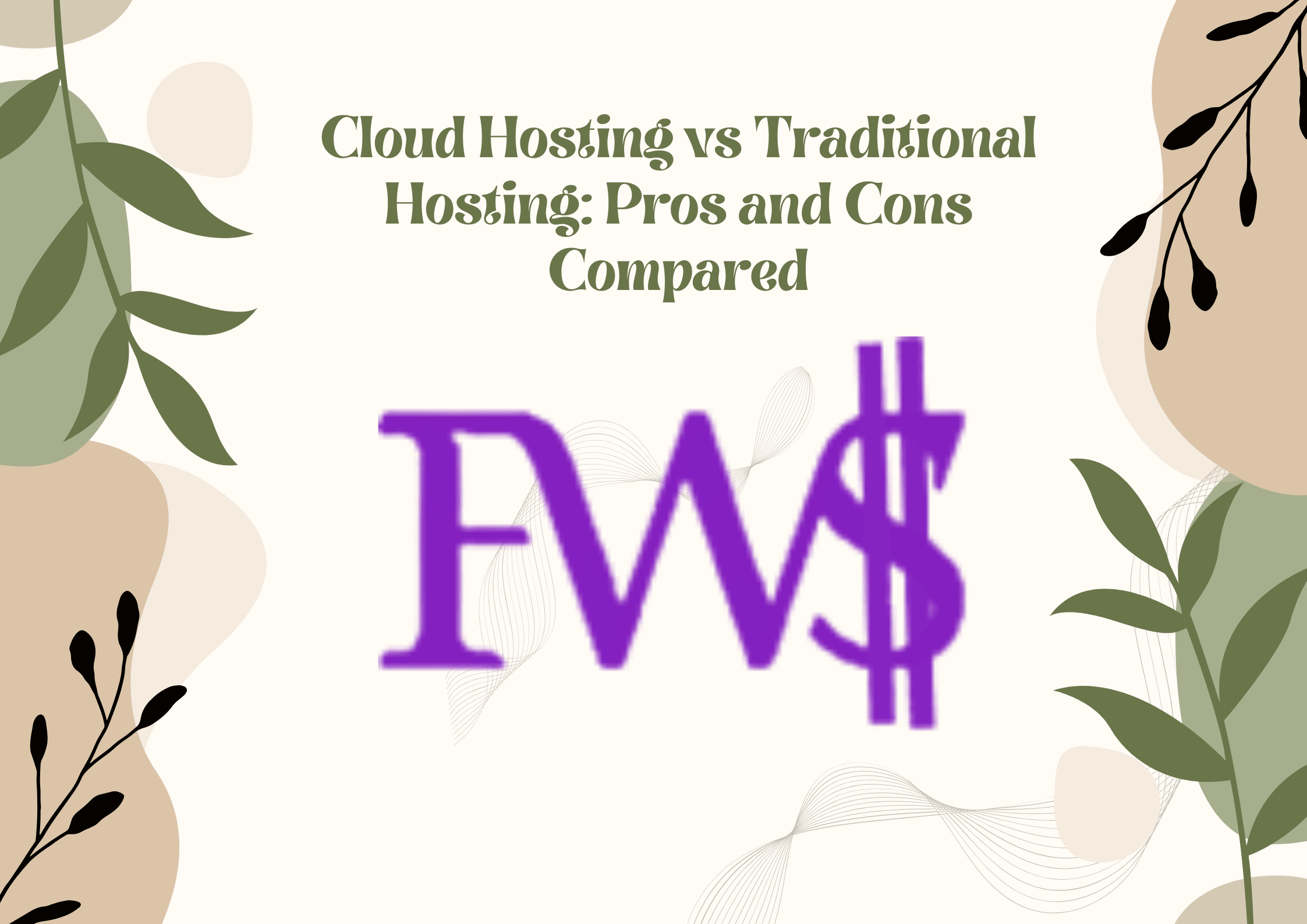The Best Email Hosting Providers for Small Businesses in 2025

The Best Email Hosting Providers for Small Businesses in 2025
Email is a crucial communication tool for small businesses, and choosing the best email hosting provider can make a significant difference in productivity, security, and professionalism. In this guide, we’ll compare G Suite vs Zoho vs Microsoft 365, explore free email hosting options, and highlight why eProfitify.com is an excellent choice for business email solutions.
Why Email Hosting Matters for Small Businesses
A professional email address (e.g., yourname@yourbusiness.com) enhances credibility and trust among customers. Additionally, reliable email hosting ensures better security, spam filtering, and seamless integration with other business tools.
Email Hosting Comparison: G Suite vs Zoho vs Microsoft 365
Let’s compare three leading email hosting providers to determine the best option for small businesses:
1. G Suite (Google Workspace)
-
Pros:
-
30GB to unlimited storage (depending on the plan)
-
Seamless integration with Google Drive, Docs, and Meet
-
Advanced security and spam protection
-
-
Cons:
-
Higher pricing compared to competitors
-
Requires internet connection for optimal use
-
2. Zoho Mail
-
Pros:
-
Affordable pricing, including a free plan
-
Ad-free interface with productivity tools
-
Strong privacy features
-
-
Cons:
-
Limited third-party integrations
-
Basic customer support on lower-tier plans
-
3. Microsoft 365 (Outlook for Business)
-
Pros:
-
Deep integration with Microsoft Office apps
-
Advanced security and compliance tools
-
50GB inbox storage per user
-
-
Cons:
-
Learning curve for beginners
-
Slightly expensive for small businesses
-
Free Email Hosting: Is It a Good Option?
While many businesses prefer premium email hosting, some free options exist. However, free email hosting often comes with limitations, such as restricted storage, limited security, and potential ads. For startups and small businesses looking for free yet reliable email hosting, eProfitify.com offers a great alternative.
Why eProfitify’s Instant Chat and Live Notifications Outperform Email Systems
In today’s fast-paced digital business environment, speed, clarity, and responsiveness are non-negotiable. Traditional email systems, while still useful in many contexts, often fall short when it comes to real-time collaboration and immediate decision-making. That’s where eProfitify’s instant chat and live notifications come in—revolutionizing how teams communicate, respond, and thrive.
1. Real-Time Communication for Real-Time Results
Email often involves waiting—waiting for responses, for follow-ups, or for a message to be noticed. eProfitify’s instant chat eliminates this delay. Team members can ask questions, share updates, or make decisions instantly, reducing turnaround times from hours to seconds. Whether it’s a quick pricing clarification or a time-sensitive customer issue, instant messaging keeps everyone in sync without the friction of email threads.
2. Stay Informed with Live Notifications
In a high-performance workspace, missing an important update can lead to delays or missed opportunities. With live notifications, eProfitify ensures you're alerted the moment something critical happens—like a deal closing, a target being hit, or a team member needing support. Unlike emails, which may sit unread in a cluttered inbox, live notifications appear directly in your interface, prompting immediate action.
3. Fewer Miscommunications and Better Context
Emails can quickly become confusing—long threads, unclear subjects, and fragmented conversations. eProfitify’s chat system organizes communication by topic or team, making it easy to follow the conversation flow. Everyone gets full context, reducing errors, misinterpretations, or repeated questions. Plus, it keeps all related messages in one place instead of spread across dozens of emails.
4. Enhanced Team Engagement and Collaboration
Live chat fosters a sense of presence and accessibility. Team members are more likely to ask questions, share insights, and provide real-time feedback when they know they’ll get an immediate response. This builds a culture of collaboration and accountability that email simply can’t match.
5. Seamless Integration with eProfitify's Workflow
Unlike generic communication tools, eProfitify’s chat and notifications are embedded directly within its performance and reporting dashboards. That means you’re not jumping between apps or windows—communication happens exactly where the action is. This keeps everyone aligned and focused, with updates tied directly to tasks, metrics, or client activities.
Which Email Hosting Provider is Right for You?
-
For Google ecosystem users: G Suite is the best choice.
-
For budget-conscious businesses: Zoho Mail provides great value.
-
For Microsoft users: Microsoft 365 offers seamless Office integration.
Conclusion
Selecting the best email hosting provider depends on your business needs and budget. While G Suite, Zoho Mail, and Microsoft 365 provide excellent options, eProfitify.com stands out as a top choice for those looking for free email hosting without compromising on quality and security.
In 2025, selecting the right email hosting provider is crucial for small businesses aiming to enhance communication, security, and professionalism. This article compares leading services—G Suite (Google Workspace), Zoho Mail, and Microsoft 365 (Outlook for Business)—and explores free email hosting options, highlighting the advantages of eProfitify.com.
Market Overview:
-
Email Hosting Services Growth: The global email hosting services market is projected to grow by approximately $54.23 billion between 2024 and 2028, driven by the increasing demand for cloud-based applications.
-
Email Client Market Share: As of March 2024, Gmail holds about 30.57% of the global email client market share, while Outlook accounts for approximately 4%.
Provider Comparison:
-
G Suite (Google Workspace):
- Pros:
- Seamless integration with Google services.
- Advanced security features.
- Cons:
- Higher pricing compared to competitors.
- Requires internet connection for optimal use.
- Pros:
-
Zoho Mail:
- Pros:
- Affordable pricing, including a free plan.
- Ad-free interface with productivity tools.
- Strong privacy features.
- Cons:
- Limited third-party integrations.
- Basic customer support on lower-tier plans.
- Pros:
-
Microsoft 365 (Outlook for Business):
- Pros:
- Deep integration with Microsoft Office apps.
- Advanced security and compliance tools.
- 50GB inbox storage per user.
- Cons:
- Learning curve for beginners.
- Slightly higher cost for small businesses.
- Pros:
Conclusion:
Choosing the best email hosting provider depends on your business's specific needs and budget. While G Suite, Zoho Mail, and Microsoft 365 offer comprehensive features, eProfitify.com stands out as a cost-effective and reliable solution for small businesses seeking quality instant communication with customers via instant chat, smart calendar appointment booking system, smart notifications and more.
Why Google Email (Gmail) Remains the Best Choice for Email Communication
In a world flooded with communication tools, Google Email (Gmail) continues to be the gold standard for email services, trusted by billions worldwide. Its combination of powerful features, user-friendly design, and seamless integration with other Google services makes it the ideal choice for individuals and businesses alike.
1. Unmatched Reliability and Uptime
Gmail boasts one of the most reliable email infrastructures globally. With Google’s robust cloud platform backing it, users enjoy virtually uninterrupted access to their email. Whether you’re sending a quick message or handling critical business communication, Gmail’s near-perfect uptime ensures your messages get through without delays or downtime interruptions.
2. Powerful Spam Filtering and Security
Email security is paramount, and Gmail leads the industry with cutting-edge spam filtering and malware detection. Its intelligent algorithms automatically sift through millions of emails to block spam, phishing attempts, and malicious attachments, protecting your inbox from clutter and threats. Additionally, Gmail supports two-factor authentication and encryption, safeguarding your data and privacy.
3. Seamless Integration with Google Workspace
Gmail is not just an email service—it’s part of the comprehensive Google Workspace ecosystem, which includes Google Drive, Calendar, Docs, Sheets, and Meet. This integration allows users to collaborate in real-time, schedule meetings directly from their inbox, and manage documents effortlessly without switching apps. For businesses, this streamlines workflows and boosts productivity.
4. User-Friendly Interface and Advanced Features
Gmail’s intuitive interface makes email management simple and efficient. Features like smart replies, email categorization into Primary, Social, and Promotions tabs, and robust search capabilities help users stay organized. The ability to schedule emails, use templates, and snooze messages adds flexibility, helping users manage their communications on their own terms.
5. Accessibility Across Devices
Whether you’re on a desktop, smartphone, or tablet, Gmail offers consistent and reliable access. Its mobile app is one of the highest-rated email apps, providing notifications, easy navigation, and offline access to emails. This cross-device consistency ensures you stay connected wherever you go.
6. Generous Storage and Cost Efficiency
Gmail offers 15 GB of free storage shared across Google services, enough for most users’ needs. For businesses or heavy users, Google Workspace plans provide scalable storage options at competitive prices. This flexibility makes Gmail accessible to individuals and enterprises alike without compromising on capacity.
With its unbeatable blend of reliability, security, user experience, and integration, Google Email remains the top choice for anyone seeking an email solution that works effortlessly across all aspects of life and work. Whether managing personal correspondence or coordinating large teams, Gmail sets the standard for excellence in email communication.



.png)

